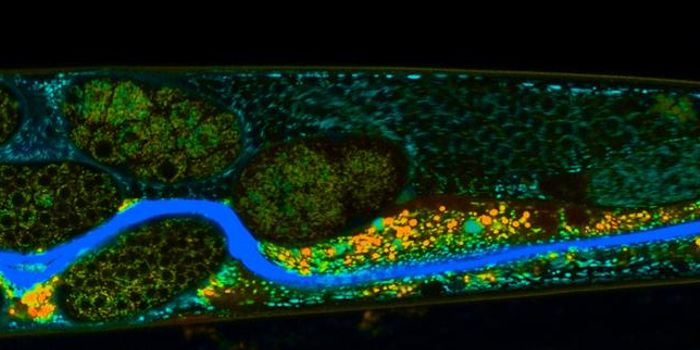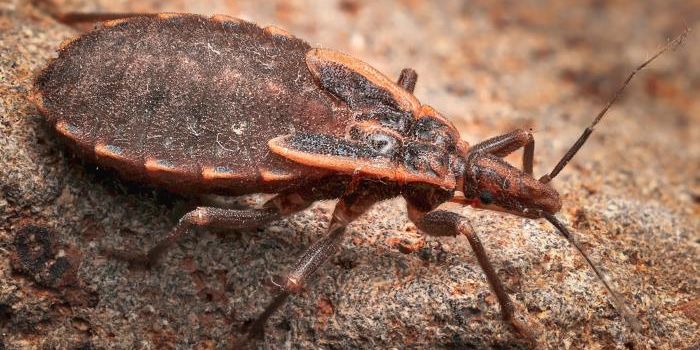Study Reaffirms That An Asteroid Killed the Dinosaurs, Not Volcanoes
Oodles of massive fossils tell stories about the fearsome beasts that once roamed the Earth called dinosaurs. Some were merciless carnivores with jaws meant for ripping through other creatures like paper, while others were peaceful herbivores that reached their heads into the trees with their long necks to munch on leaves.
Image Credit: Pixabay
While there’s plenty of evidence to support the existence of dinosaurs millions and millions of years ago, one thing that remains exceptionally cloudy is their extinction. Albeit apparent that the dinosaurs are no longer with us, the bigger question lies in how exactly they all went extinct.
Two of the most accepted theories explaining the dinosaurs’ complete and utter extinction are volcano eruptions and asteroid impacts. Although it’s true that volcanoes can substantially influence the planet’s climate, a new study published just this past week in the journal Science implies that they couldn’t have influenced it enough to wipe out the dinosaurs.
To reach this conclusion, a team of researchers took to the North Atlantic Ocean and drilled down into the seafloor for mud samples that could tell them more about the planet’s history. Their drilling resulted in a plethora of shelled organisms called Foraminifera, and their shells are allegedly like tiny time capsules that can be used to ascertain details about the ocean’s chemistry at a specific time.
"You get about a thousand of them in a teaspoon of sediment. And we can use their shells to figure out the chemistry of the ocean and its temperature, so we can study in great detail the environmental changes that are occurring in the run-up to the extinction event," explained Paul Wilson, a researcher with the study.
"And what we discovered is that the only way in which we can get our (climate) model simulations to match the observed temperature changes is to have the volcanic emissions of harmful gases done and dusted a couple of hundred thousand years before the impact event."
Related: Scientists shed light on 'teenaged' T. rex
As it would seem, the volcano theory doesn’t align with the timeline, and this fueled interest in the asteroid impact theory. A large 200-kilometer-wide crater in the Gulf of Mexico is thought to be the remnant of the asteroid impact that ended the dinosaurs, and perhaps unsurprisingly, that’s where the team looked for answers next.
The massive crater is mostly offshore, but a notable amount of its rim is surrounded by sinkholes in the limestone that make for great research sites. The findings showed that a city-sized asteroid approximately 12 kilometers in length slammed into the Earth, generating large tsunamis, hellish rains of debris, and wildfires.
But if that wasn’t enough to take out of the dinosaurs, then the aftermath would have been. Upon slamming into the sulfur-rich rocks, the asteroid would have vaporized a substantial portion and filled the atmosphere with gasses that would cool the world’s climate substantially. The ensuing chill was then so overwhelming that the dinosaurs couldn’t survive, but some animals, namely of the mammal variety, made it through.
The team determined that the asteroid impact aligned perfectly with the dinosaurs’ extinction timeline, and that coupled with the condemning circumstances, resulted in their demise.
"We find the impact event is exactly contemporaneous with the extinction," Wilson said.
Related: Were dinosaurs 'fluffier' than originally thought?
It’s doubtful that the findings of this study will put the final nail in the coffin for such a long and ongoing debate, but it’s certainly interesting to see yet another perspective. It should be interesting to see whether future studies will agree with the new findings or if they will come to a different conclusion. After all, it’s tough to come to a definitive conclusion when we weren’t even around to bear witness to such events.









